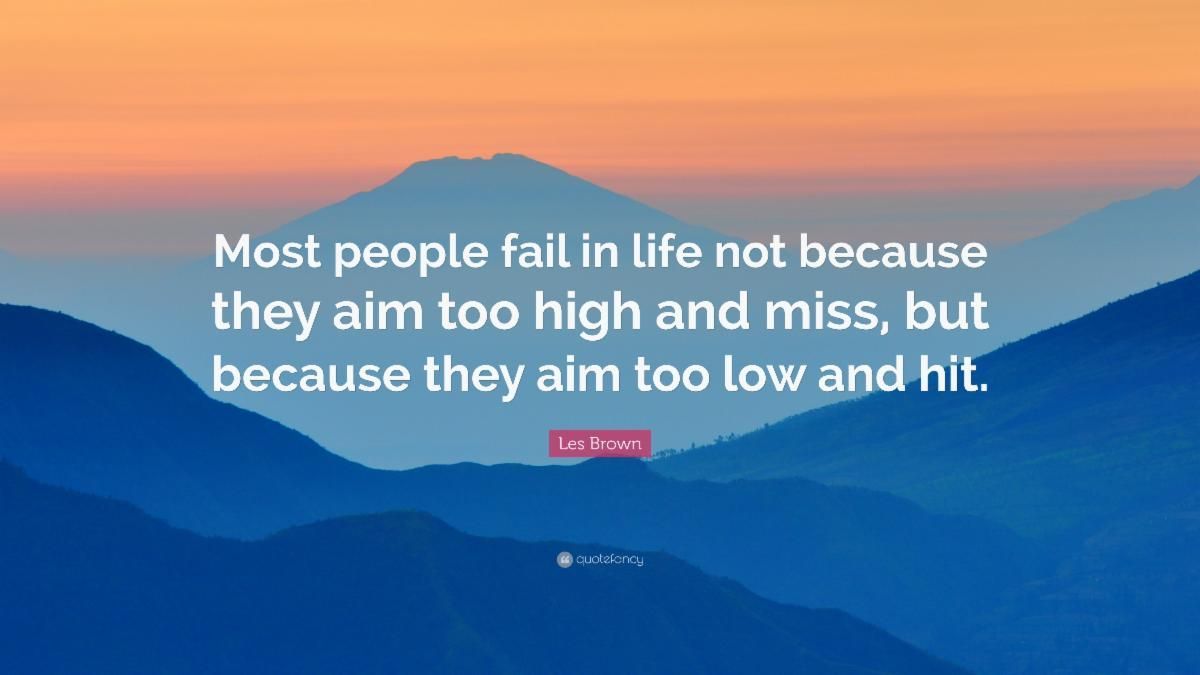
February 11, 2021
Why Bezos' Departure Should Resonate With You
Last week, Jeff Bezos announced he would step down from his post as Amazon CEO and take on a new role as executive chairman of the board, tapping current head of Amazon Web Services Andy Jassy to lead the e-commerce giant as CEO.
Bezos announcement came as a surprise to me. He’s built Amazon from a small startup to one of the most influential companies in the world by harnessing innovative sales strategies and technology (think Amazon Prime, Alexa, Kindle e-readers, cloud services, etc.). In fact, in the same email announcing his departure, Bezos also announced Amazon surpassed the $100 billion quarter for the first time, with revenues totaling $126 billion in quarter 4 of 2020. At first, I found it odd that he’s choosing to leave amidst Amazon’s continued success.
But after thinking about this for a few days, I think there’s a valuable leadership lesson here that we all can learn from. Though it seems counterintuitive for him to leave when the company is doing so well, Bezos’ transition actually comes at a good time. Bezos has long been heralded for his intentionality and deliberate efforts to build a trustworthy and capable team around him. Not only is his senior management team talented and intelligent, they share in Bezos’ vision and his tenacity. They are empowered to make Amazon a better company. So much so that Bezos is clearly aware that the team is not only capable of leading the company forward but may even benefit from him getting out of their way. So that’s exactly what he did.
For leaders, this is a powerful but difficult moment, and for some I’ve observed, even painful: recognizing that your team is capable of leading the charge and could maybe do so even better than you. But if Jeff Bezos can have this awareness and execute a leadership transition accordingly, we can each strive to do so as well.
Too many leaders stay in a position longer than they should. There are myriad reasons for this, from comfort to convenience. But in nearly every case of overstayed leadership, there are hidden negative implications for both the individual and the company. Valuable people leave because they weren’t challenged with new roles or responsibilities. Mediocre people stay because they feel safe with the status quo. Innovation can slow, a new opportunity may be overlooked, and a work environment, while ok, remains just ok.
In his email announcement to Amazon employees, Bezos wrote, “If you get it right, a few years after a surprising invention, the new thing has become normal. People yawn. And that yawn is the greatest compliment an inventor can receive." Think about your role as a leader. Has it gotten a little stale? If so, what must happen to reinvigorate your job? Can you get energized about that (without external factors you don’t control like your title and compensation changing)? If not, it may be time to think about your next adventure, like Jeff Bezos.
Super Bowl Champs And A Thought About Winning Cultures
Trigger warning. If you dislike Tom Brady (as so many who aren’t Tampa Bay or New England fans do), this article contains references to him being extremely successful…. But if you are a leader, regardless of your opinion of Brady, you may find value in his example of leadership and how he influences team culture.
I went to the Super Bowl this past Sunday. It’s something I’ve wanted to do for decades. With Tampa as the host and the Tampa Bay Buccaneers playing, I decided to get a ticket and go. Most everyone knows that Tom Brady, the quarterback for the Bucs, has been widely considered to be the GOAT (Greatest Of All Time for the readers who may not have heard this). But his contribution to Tampa Bay’s Super Bowl win may have had more to do with his influence on the Buccaneers culture than his excellent play at the QB position.
Culture is about the beliefs that shape behavior. It’s that simple. People tend to behave in ways that we think are appropriate for the circumstances. At least the vast majority of the time. Brady influenced the belief system in Tampa Bay from the moment he arrived: beliefs about what good preparation looked like, what effort was and wasn’t acceptable, the importance of film study, nutrition, and so many other things. Brady raised the standards, increased the expectations, and brought a new mindset to the team. A mindset that because of his leadership, players paid close attention to.
When people start believing in a practice or a standard, behavior follows. And so it did for the Buccaneers. Most players agree that everything started to change with Brady’s leadership: changes in how they practiced, changes in the standards they held each other to. And ultimately, changes in the number of wins the team had - including a big one this past Sunday.
So, you as a leader may be trying to get your team to do things differently. If you are, start with the beliefs. What do they believe and how does it enable the current behaviors (that you want to change)? What beliefs are missing that would propel wholly different behaviors? Start with the beliefs that shape people’s behaviors. That is what culture is all about.
Current Read:
Challenging our own ideas is a critical strategy for bringing the best options to the table. In this article, Lindsay Blakely highlights a few takeaways from a new book, Think Again, written by Wharton School professor and renowned organizational psychologist Adam Grant. Too many leaders are locked in to their ideas and approaches and need to remember the value of holding convictions lightly. The article outlines why leaders should learn to second-guess themselves as a way of making their ideas stronger, anticipating the countermoves of their competition, and developing habits of innovation and iteration in the workplace:
How the Best Leaders Rethink and Unlearn What They Know | Inc.com
Quotable:


